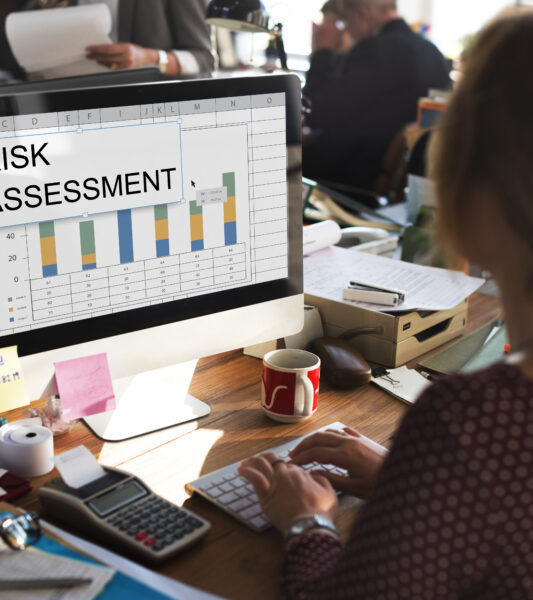Resources
International Money Laundering Information Network (IMoLIN)
In our fast-paced, globalized world, money laundering remains a prevalent issue. Central to combatting this menace is...

Virtual Asset Service Providers (VASPs)
The financial landscape has undergone a remarkable transformation with the advent of cryptocurrencies and the rise of...

Egmont Group of Financial Intelligence Units
Enhance your understanding of the Egmont Group's role in the global AML landscape. Discover how this organization...

Unexplained Wealth Orders (UWOs)
Dive into the realm of Unexplained Wealth Orders (UWOs), a powerful tool in the global fight against...

Compliance Risk Matrix: AML Professional Guide
In the dynamic world of Anti-Money Laundering (AML) regulations, staying ahead of compliance risks is crucial for...

Straw Man Accounts in AML
Discover the ins and outs of strawman accounts in this comprehensive guide tailored for AML professionals. Explore...

Mutual Legal Assistance Treaty (MLAT)
Mutual Legal Assistance Treaties (MLATs) serve as vital mechanisms for international cooperation in AML efforts. They enable...

Investigative Techniques
Investigative techniques in the context of anti-money laundering (AML) refer to the methods and strategies employed by...

Money Mule
Money mules are unwitting participants in money laundering schemes, often deceived through false job offers or promises...

Layering Transactions
In this edition, we will discuss the concept of Layering Transactions, its definition, practical examples, statistics, and...
